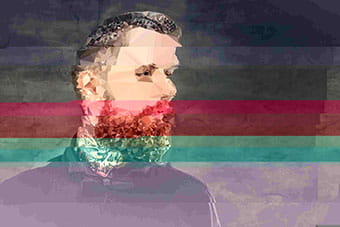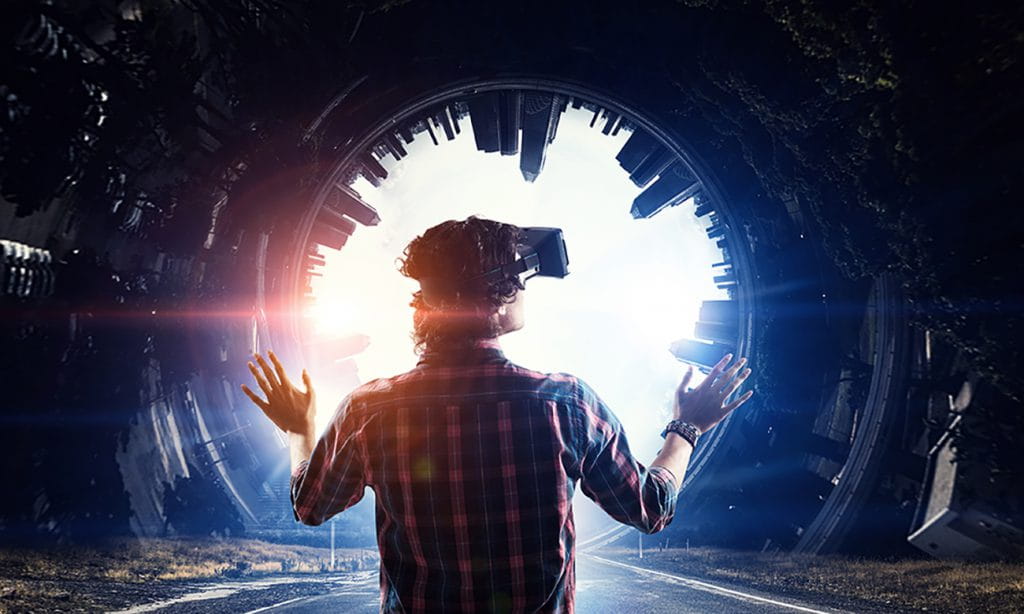Too often, our preparations for the future centre on how disruption will influence our services. One-step-ahead technologies and systems are a powerful part of a future-ready toolkit, but failing to acknowledge the pivotal role of our workforce within this new future presents imminent danger, because it’s not just our products that are changing. The traditional employee, too, is changing.
Digital change has given rise to a whole new brand of skills and leadership styles that foster agile, technologically sophisticated and collaborative cultures. Should we fail to invest in these new talent pools, it may not only be our services and products that will be derailed by disruption; it will also be the people who deliver them.
Employees at the centre
If organisations want to remain cutting-edge entities, they need to keep conveying the message that their employees matter, that their voice is heard, and that they’re worth investing in. In the Baby Boom era, corporate cultures had two kings. Leadership assumed the role of ‘capital K’, while the customer enjoyed the ‘small k’ benefits that ranged somewhere on the spectrum between lip service and reality. And as for the employees – they were just lucky to have a job.
Now, with millennials comprising 50 per cent of the workforce in 2020, the stakes have changed. Their affinity and intuition with complex technology has built an unstoppable self-confidence and business savvy. They firmly believe they can change the world, and they expect their employers to help them change it. Should the company grow creatively stagnant or fail to invest in their journey toward self-actualisation, they are happy to move on.
To win the talent war, digitally evolving companies will not only have to recruit good talent; they will have to find ways to retain it. That’s why San Francisco-based Salesforce.com Inc. encourages employees to raise their hands when they want a new challenge. The cloud-computing company also offers online courses for their relevant skills and products that, when completed, indicate a person’s expertise on their online collaboration site.
Startups like Allied Talent take employees on a two to four year ‘tour of duty’ that identifies their personal career goals and marries them to corporate mission.
A whole new toolbox
Truly transformative technology is proliferating at a dizzying speed. Digital disruption’s pull away has left deep chasms in workforce skills into which befuddled leaders gaze, wondering when the hole will ever bottom out or when will the cycle change and the old ways return. Well, news flash: When the rules change in the world of workforce expectations, they never go back. The solution to closing the rift is not to add more players, but to redefine the game strategy. New skills are needed to stay on top and manage mega change in smarter, more effective ways.
An Accenture Strategy 2015 study found that, most important to future recruitment, are the ‘soft skills’ that marry digital processes to birth innovation. Attributes such as adaptability, playing in team, curiosity and an appetite for risk build robust and adaptable workforces that can weather the storm of constant change.
Leadership is no longer valued by the ability to stake in flags and hold the line, but to pull up camp and steer companies through change. Leaders are expected to lead by example and live out the core values which undergird today’s business models.
The San Francisco-based software company, Slack Technologies Inc., for example, has its product managers working in customer support to field complaints first-hand, under the banner of “everyone does support”. The idea is not only to build realtime product knowledge, but empathy as an integral component of digitally resilient cultures.
 But high EQ’s and moral codes alone will not close the talent gap. Tomorrow’s workplaces also require a digital acumen and technological mastery that can harness these interpersonal skills for disproportionate gain. With collaboration as the essential MO for future business, workers need to know how to use digital platforms and tools to breed these diverse pockets of synergism. Virtual networks are the new boardrooms to foster two-way dialogue, thought leadership and consensus building, and employees need to know how to use them to generate collective action.
But high EQ’s and moral codes alone will not close the talent gap. Tomorrow’s workplaces also require a digital acumen and technological mastery that can harness these interpersonal skills for disproportionate gain. With collaboration as the essential MO for future business, workers need to know how to use digital platforms and tools to breed these diverse pockets of synergism. Virtual networks are the new boardrooms to foster two-way dialogue, thought leadership and consensus building, and employees need to know how to use them to generate collective action.
Even as the shadow of AI replacement looms over employees’ shoulders, workers need to keep investing in digital. Moreover, employees (and particularly leaders) need to keep reinventing themselves and redesigning their roles in the face of digital change. The workers who can’t do this risk being left standing in the digital race that replicates Usain Bolt swiftness. After all, it will take at least as much technical expertise as humility to share your lunch hour with a robot.
Flattening the cubicles
Traditionally, the word ‘team’ was associated with a sense of place, where shoulders rub and office space is shared. But the rise of the digital age has reimagined what it means to work in team - and where you work has very little to do with it anymore.
A fundamental shift in business models has taken place; digital platforms have given way to flourishing online communities that align to create shared value without the need for intermediary resources or support structures. New technologies, such as 10EQS and Work Market, have opened the perimeters of engagement, with companies now using a mix of ‚‘own’ and ‘rented’ mobile talent. The classic enterprise is no longer needed to mobilise employees.
Several companies are choosing to see the lemonade in this bag of lemons. They are turning from vertical department structures to building horizontal teams that span geographies and specialisations. Visa, for example, flattened its business model so that formerly isolated teams virtually work together on a project-to-project basis. So, when marketing teams now collaborate with product development and operations, the result is what Visa Marketing Chief, Lara Balazs, describes as “horizontally connected teams [that] drive speed, agility, and nimbleness.”
In a highly tumultuous, fast-paced digital world, change is the new normal. Markets are innovating at lightning speed and competitive edges keep blunting. But perhaps what we fundamentally need to secure our future has been sitting on our conscience, speaking to us all along.
‘People before product’. Maybe the key to navigating the new is in ushering in the old.









 Just imagine if we could pick up the data on all vehicle movements in a city... and what if we could also collect data on the volume of traffic that is on the roads, the velocity and the acceleration and deceleration of every vehicle, and the number of people that are in each car.
Just imagine if we could pick up the data on all vehicle movements in a city... and what if we could also collect data on the volume of traffic that is on the roads, the velocity and the acceleration and deceleration of every vehicle, and the number of people that are in each car.